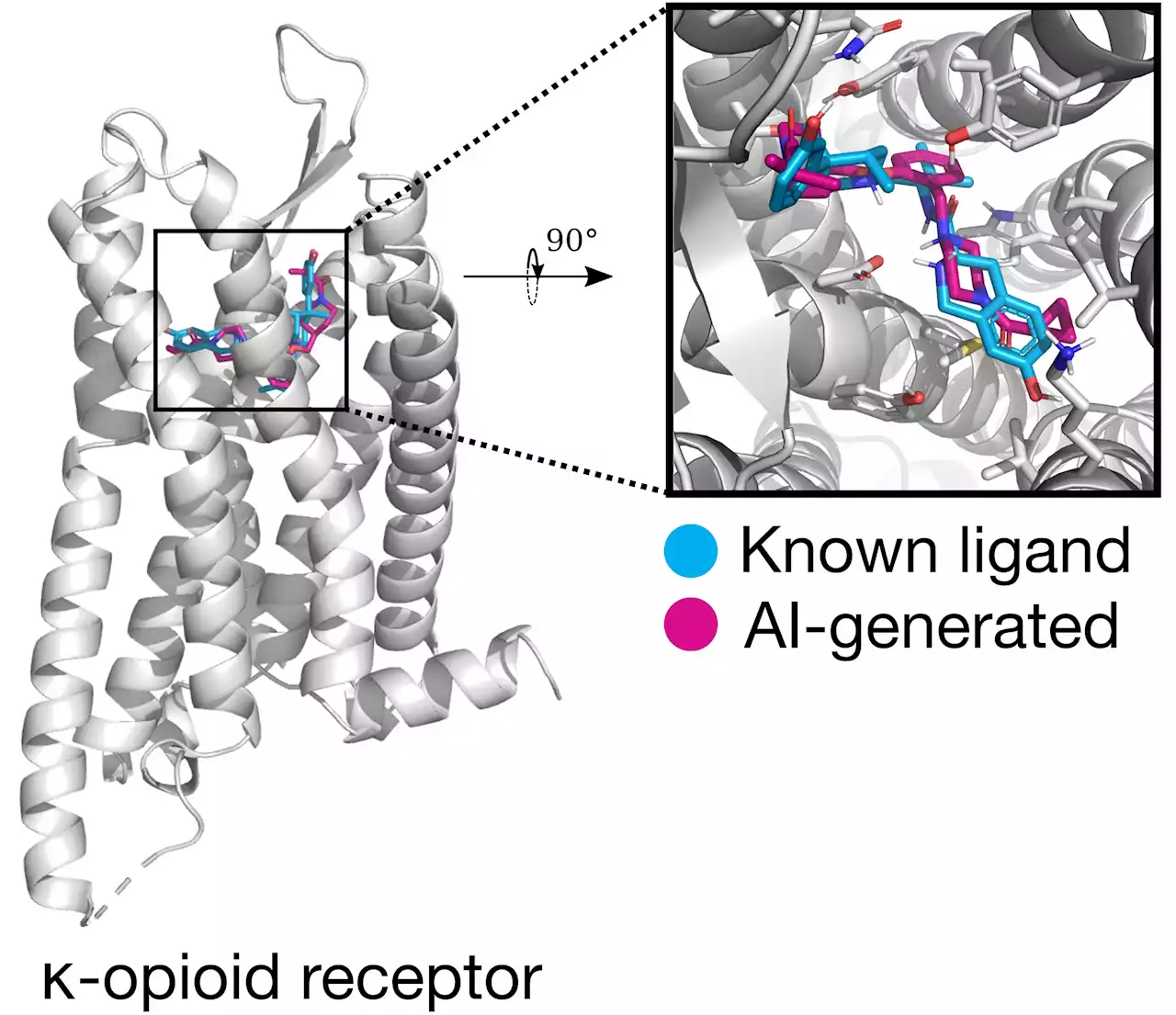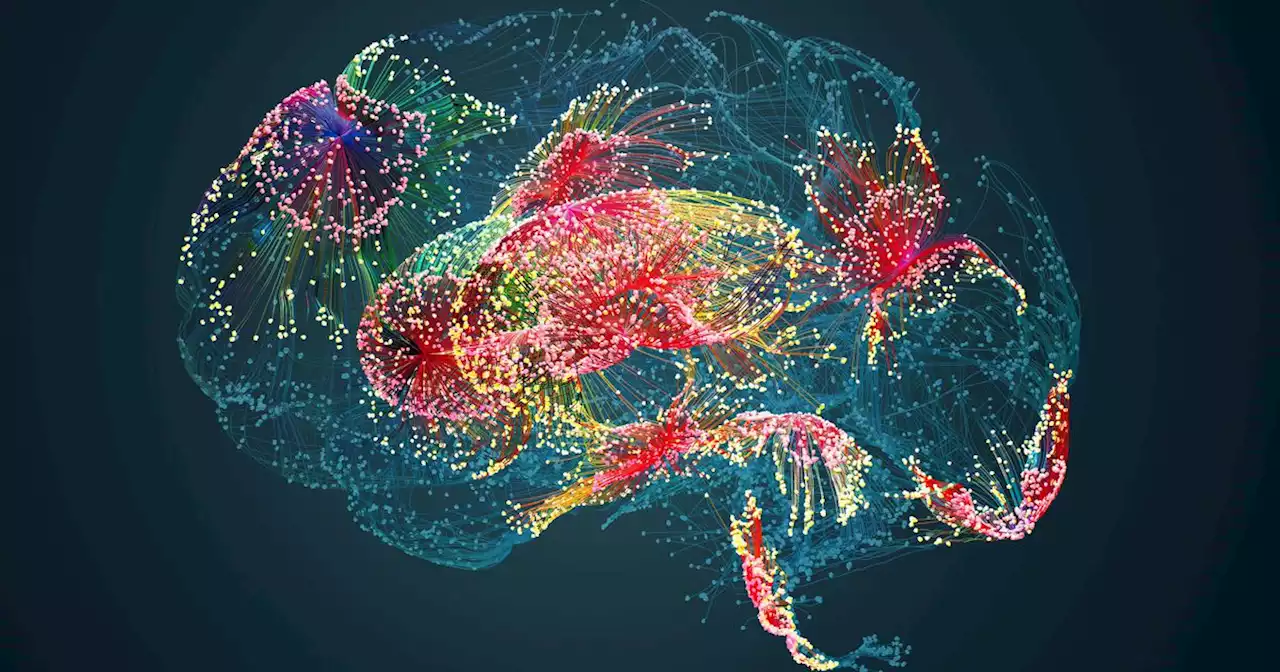Individuals with cocaine use disorder show greater biological aging in a key area of the brain, findings from a novel study of postmortem brain tissue suggest.
CUD is characterized by a loss of control over cocaine use and is associated with structural, functional, and molecular alterations in the human brain.
After correcting for differences in age, time since death, brain pH, and other conditions such as depressive disorder anddisorder, the researchers observed that cells in BA9 appeared biologically older in the men who had CUD. Changes in DNA methylation were especially prominent in genes that regulate the activity of neurons and the connectivity between them.
United States Latest News, United States Headlines
Similar News:You can also read news stories similar to this one that we have collected from other news sources.
 Scientists use AI to develop drugs that can treat opioid addictionResearchers at the Icahn School of Medicine at Mount Sinai hope to alleviate opioid addiction by using AI to discover drugs that inhibit the kappa-opioid receptor. Find out more at 🚀 engineering interestingengineering
Scientists use AI to develop drugs that can treat opioid addictionResearchers at the Icahn School of Medicine at Mount Sinai hope to alleviate opioid addiction by using AI to discover drugs that inhibit the kappa-opioid receptor. Find out more at 🚀 engineering interestingengineering
Read more »
 How AI Can Help Create and Optimize Drugs To Treat Opioid AddictionResearchers are turning to artificial intelligence to create and optimize potential new drugs to help people with opioid addiction. It is estimated that about three million Americans suffer from opioid use disorder, and every year more than 80,000 Americans die from overdoses. Opioid drugs, such
How AI Can Help Create and Optimize Drugs To Treat Opioid AddictionResearchers are turning to artificial intelligence to create and optimize potential new drugs to help people with opioid addiction. It is estimated that about three million Americans suffer from opioid use disorder, and every year more than 80,000 Americans die from overdoses. Opioid drugs, such
Read more »
 ‘Perfect Addiction’ Trailer: Love Triangles and Passion-Fueled RevengeKiana Madeira, Ross Butler & Matthew Noszka are caught up in a steamy love triangle in the new trailer for PerfectAddiction coming to PrimeVideo.
‘Perfect Addiction’ Trailer: Love Triangles and Passion-Fueled RevengeKiana Madeira, Ross Butler & Matthew Noszka are caught up in a steamy love triangle in the new trailer for PerfectAddiction coming to PrimeVideo.
Read more »
 Summer House’s Carl Radke’s Battle With Addiction in His Own WordsCarl Radke, who has been on ‘Summer House’ since season 1, marked two years of sobriety in January 2023 — read more
Summer House’s Carl Radke’s Battle With Addiction in His Own WordsCarl Radke, who has been on ‘Summer House’ since season 1, marked two years of sobriety in January 2023 — read more
Read more »
 Dallas can lead the way into a brain health revolutionWhen I was growing up in East Dallas, it was almost a given that a neighbor, a teacher, an uncle would experience a heart attack in their 60s — most before...
Dallas can lead the way into a brain health revolutionWhen I was growing up in East Dallas, it was almost a given that a neighbor, a teacher, an uncle would experience a heart attack in their 60s — most before...
Read more »
